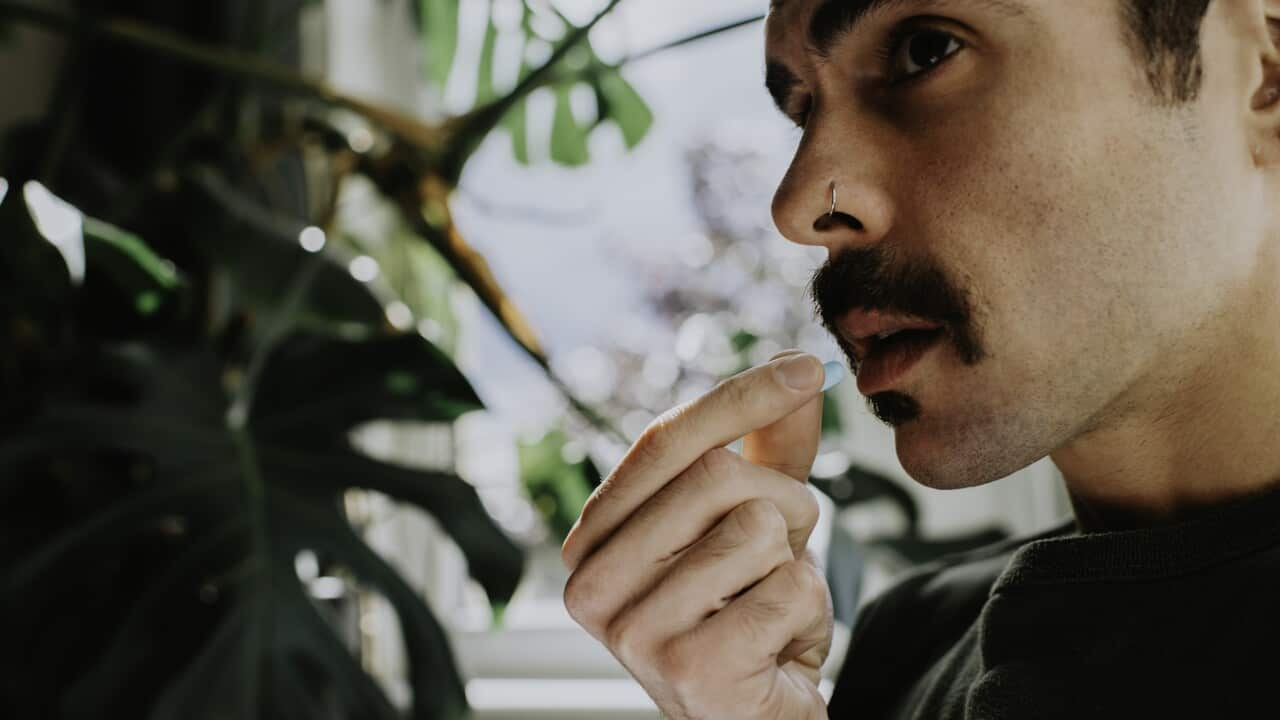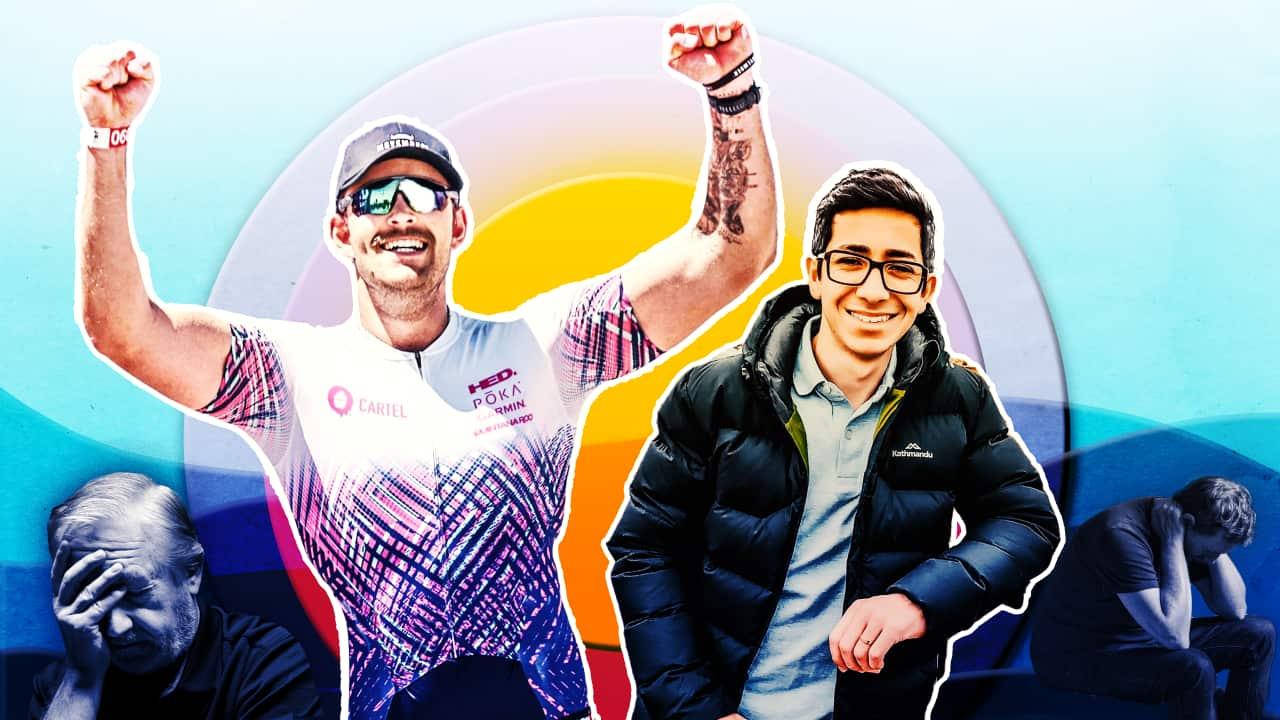The Victorian government announced the expansion of mental health clinics in Melbourne to help residents to cope with high levels of psychological distress during the COVID-19 outbreak.
The announcement came after the sharp increase in the number of cases of self-harm among young people - an increase of 33% compared to the same period last year.
Telehealth services, including Lifeline, recorded a 25% increase in calls compared to the same period last year.
“The pandemic is having a huge impact on people's mental health. We have a situation where people feel their physical security is threatened, a situation of interference in our ability to connect with other people,” explains psychiatrist Leonardo Fontenelle, Turner Institute for Brain and Mental Health in Melbourne.
The Black Dog Institute estimates that between 25 and 33 percent of Australians are experiencing high levels of stress during the pandemic, while a survey by the University of Sydney predicts a 14 percent increase in suicides this year. According to Mr Fontenelle, the most common symptoms brought on by the pandemic are depression, anxiety, which can be more pronounced in migrants, who feel generally more vulnerable.
According to Mr Fontenelle, the most common symptoms brought on by the pandemic are depression, anxiety, which can be more pronounced in migrants, who feel generally more vulnerable.

"The pandemic is having a huge impact on people's mental health," says psychiatrist Leo Fontenelle Source: Insight
The migrant population, far from home, is even more vulnerable to the effects of this pandemic. We also must consider the fact that the borders are closed in Australia and people are unable to travel back to their countries of origin (even for short visits). This further increases a sense of isolation and fear
According to Mr Fontenelle even after the pandemic, people will continue with the current habits of social distancing, hygiene, "until a vaccine is discovered".
Since the outbreak, the federal government has invested more than AU $ 500 million in mental health support services, expanding clinics, Telehealth services and adding 10 free therapy sessions to Mental Health Care plans subsidised by Medicare.
If you or someone you know needs support, call Lifeline at 131 114, or Beyond Blue's support and mental well-being service at 1800 512 348.











